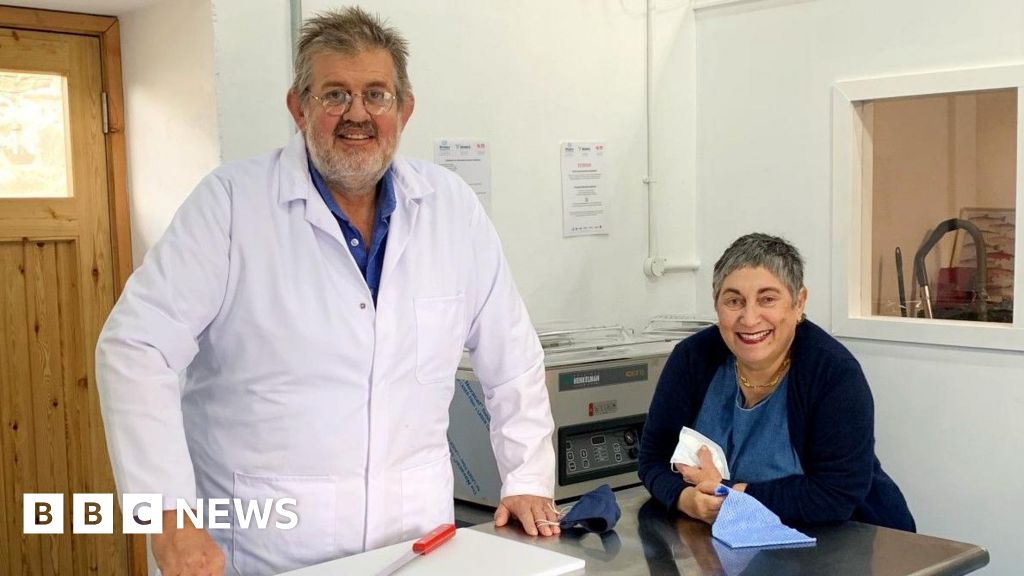Fishing Legacy: Entrepreneur Gifts Smoky Empire to Remote Scottish Isle

In the remote Scottish island of Colonsay, Richard Irvine is doing more than just running a successful smokehouse—he's pioneering a unique approach to community revival. Recognizing the challenges of rural depopulation, Irvine is taking an extraordinary step by offering his thriving business to potential new residents who are willing to breathe new life into the island.
The smokehouse, which Irvine has carefully built and nurtured, represents more than just a commercial enterprise. It's a symbol of hope and opportunity for those seeking to escape the hustle of urban life and embrace a close-knit island community. By gifting the business to the right candidates, Irvine hopes to attract motivated individuals who can not only sustain the smokehouse but also contribute to Colonsay's broader economic and social regeneration.
This innovative approach highlights the creative solutions emerging in Scotland's remote island communities, where population decline has long been a pressing concern. Irvine's initiative is a testament to the entrepreneurial spirit and community-minded thinking that can help preserve and revitalize these unique cultural landscapes.
For aspiring entrepreneurs and those dreaming of a transformative lifestyle change, this opportunity represents a rare chance to own a established business in one of Scotland's most picturesque and intimate island settings.
